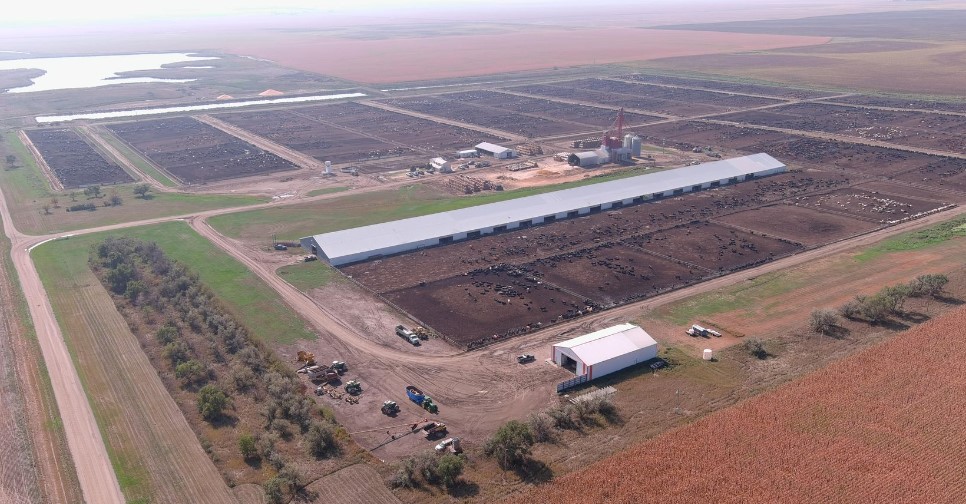
The number of concentrated feeding operations has grown in recent decades. But the fees to help pay for oversight, to ensure operators are meeting environmental safeguards, haven’t caught up with that growth
PIERRE, S.D. – Rural communities in the U-S remain at the center of debate about the growing presence of large confined feeding livestock operations. South Dakota lawmakers are considering boosting fees that help regulate these sites.
A bill making its way through the Legislature would update the fee structure for concentrated animal feeding operations, or CAFOs. These fees have stayed the same since the late 1990s.
State agricultural leaders say as CAFOs expand, increasing permit revenue would help address gaps in paying for the oversight program. Angela Ehlers with the South Dakota Association of Conservation Districts says funds are greatly needed for technical assistance.
The measure comes amid proposed budget cuts for the South Dakota Department of Agriculture and Natural Resources. Ehlers says without this program, regulatory work might have to shift back to a regional federal office. Some livestock lobbyists say they don’t like fee hikes but recognize the need. CAFOs have become a sore subject in smaller communities, as residents push back over air and water pollution issues.
The tension surrounding CAFOs mostly involves operations with big animal herds. But Ehlers says they also need to regulate smaller sites, which can sometimes avoid regulation.
South Dakota’s Secretary of Agriculture Hunter Roberts says there are now nearly 430 CAFOs permitted within the state. The bill, which has cleared the House and now awaits Senate action, saw a compromise added to ease concerns from livestock interests.



